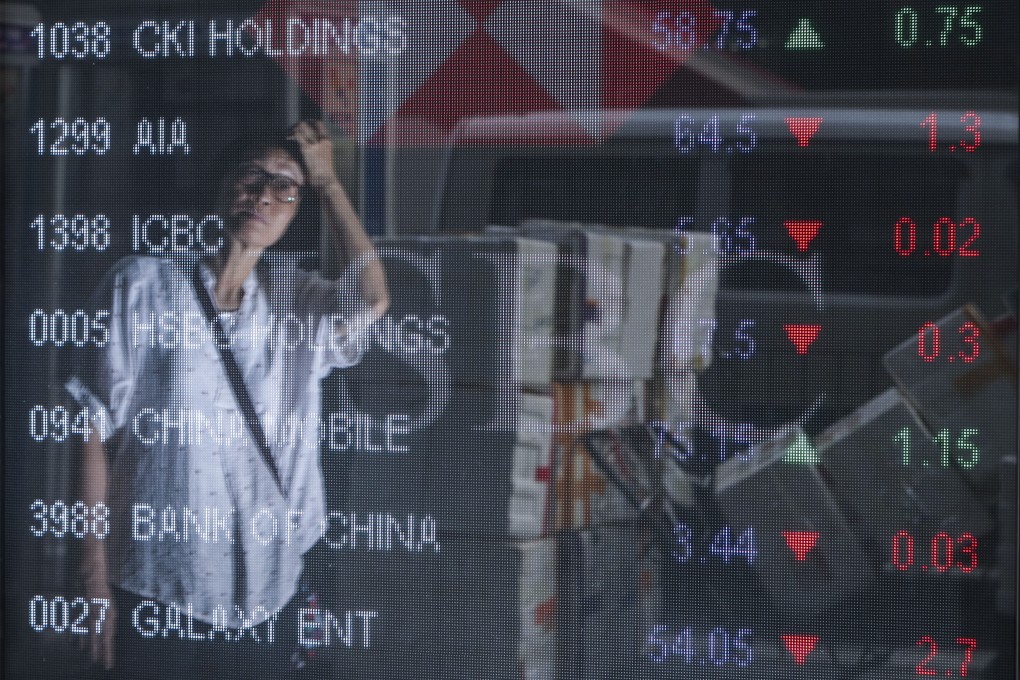Advertisement
Hong Kong stocks slide before Alibaba’s report amid tech weakness while NetEase sinks after Blizzard ends gaming deal
- Stocks fell for a second day after Tencent’s report card shows underlying weakness in tech sector while China’s central bank warned about faster inflation
- Meituan slumped on stock overhang risk as Tencent gives away its stake in the food-delivery platform as interim dividend to shareholders
Reading Time:2 minutes
Why you can trust SCMP

Hong Kong stocks fell for a second day after Tencent Holdings’ earnings report showed weakness in the broader tech sector while NetEase crashed. China’s central bank warned about inflation risk, stoking concerns that policymakers will temper stimulus measures.
The Hang Seng Index slid 1.2 per cent to 18,045.66 at the closing of Thursday trading, the most in a week. The Tech Index declined 2.2 per cent while the Shanghai Composite Index lost 0.2 per cent.
Tencent slipped 0.8 per cent to HK$292 after the WeChat operator said revenue fell in the third quarter and net income climbed 1 per cent. Alibaba Group, which will report later today, lost 0.7 per cent to HK$78.25. Meituan plunged 5.7 per cent to HK$153 on stock overhang worries, after Tencent decided to give away US$20.3 billion of its stake in the food-delivery platform as dividend.
Advertisement
NetEase crashed 9 per cent to HK$103.50. US gaming giant Blizzard Entertainment ended a 14-year online gaming partnership. The decision will deprive the Chinese firm of a major revenue source and end service for some of the most popular mobile games.
“The [Meituan] divestment is a signal that Tencent is downsizing its business, either because of the antitrust law or the weakness in the internet sector,” said Wang Chen, a partner at Xufunds Investment Management in Shanghai. “Tencent will focus on the fintech and online game operations and that will cut off some revenue sources.”
Advertisement
Baidu, Bilibili and Alibaba Health tumbled by 2.2 to 4.5 per cent, as Tencent’s report card unmasked weak sales and profitability following months of sector clampdown while Beijing pushed the “common prosperity” agenda.
Advertisement
Select Voice
Select Speed
1.00x